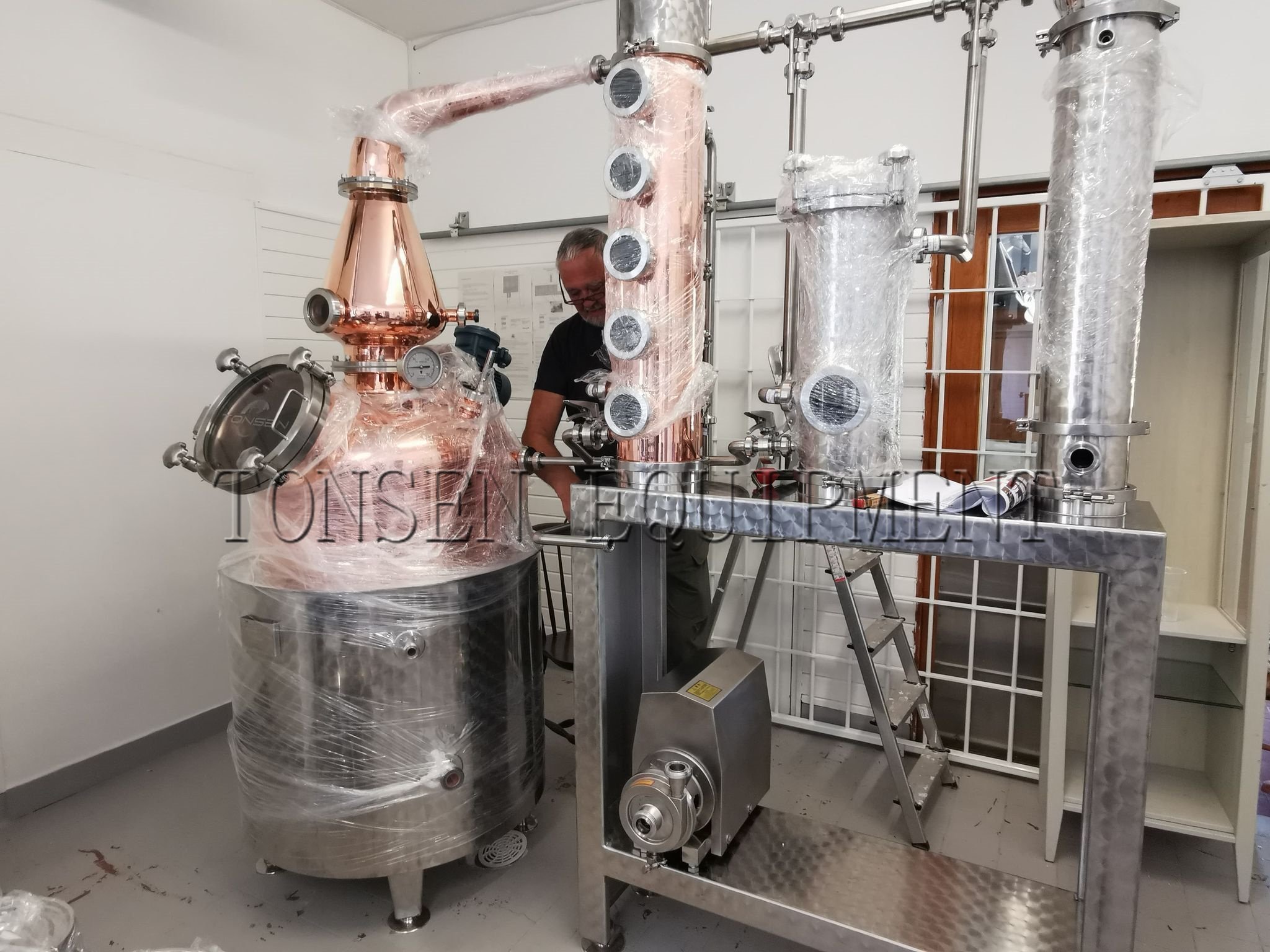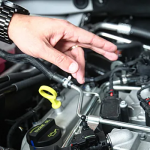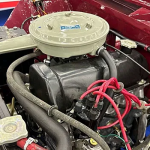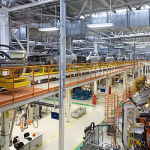What Is a Commercial Brewery? A Comprehensive Analysis of the Core Strength of the Modern Brewing Industry
Against the backdrop of the rapid rise of craft beer around the world, commercial breweries have become a key force in the beverage industry. From small-batch manual brewing to standardized, automated production models, modern beer manufacturing relies on a complete set of complex equipment and process systems. This article explores commercial breweries’ definition, core equipment, operation differences from home brewing, plant construction, supplier selection, and success cases—while naturally incorporating industry keywords.
- Definition and Market Significance
A commercial brewery is an industrial-scale operation that uses professional brewing systems to batch-produce beer for retail, catering, and export. Unlike “beer making machine at home” or a “home microbrewery system,” commercial breweries prioritize large production capacity, standardized processes, and systematized equipment. As craft-beer trends accelerate in Europe, Asia, and North America, small-to-medium investors and professional brewers are increasingly launching their own breweries, driving demand for brewery equipment for sale from trusted manufacturers like brewers hardware, SS Brewtech, and Tonsen.
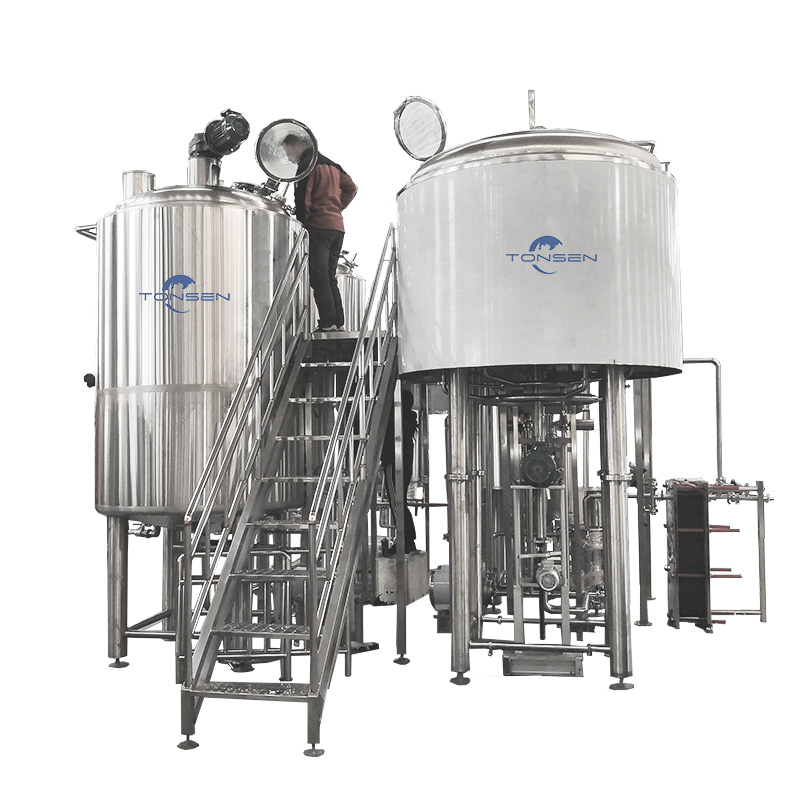
2. Core Brewing Equipment
Building an efficient commercial brewery begins with selecting a professional equipment suite that offers capacity scalability, energy efficiency, and ease of operation. A complete system—from raw material handling to packaging—typically includes:
Malt Crushing System: Automated crushers in the kettles & grains setup ensure uniform particle size and dust control.
Saccharification & Boiling: Modular beer brewing machine components (mash tuns, kettles, filter pots) simplify upgrades.
Fermentation: Stainless-steel conical tanks such as Tonesnbrew fermenters deliver precise temperature control, airtight sealing, and easy cleaning.
Cooling & Aging: Beer brewing tools like plate heat exchangers, cooling tanks, and insulated water tanks rapidly chill wort and maintain flavor stability.
Packaging: Fully automatic filling lines, labelers, and cleaning systems handle bottles, cans, and draft barrels.
Entrepreneurs on a budget often start with microbrewery equipment used kits to validate processes before upgrading to full-scale systems.
3. Commercial vs. Home Brewing
Home setups—whether a standalone home beer brewing equipment kit or a “beer making machine at home”—produce 10–30 L batches, using plastic or simple stainless vessels. Commercial breweries run hundreds to thousands of liters per batch, employ food‑grade stainless steel, and rely on data‑driven, PLC‑controlled processes. Operations demand certified professional brewers and Clean‑In‑Place (CIP) systems to ensure consistency, traceability, and compliance.
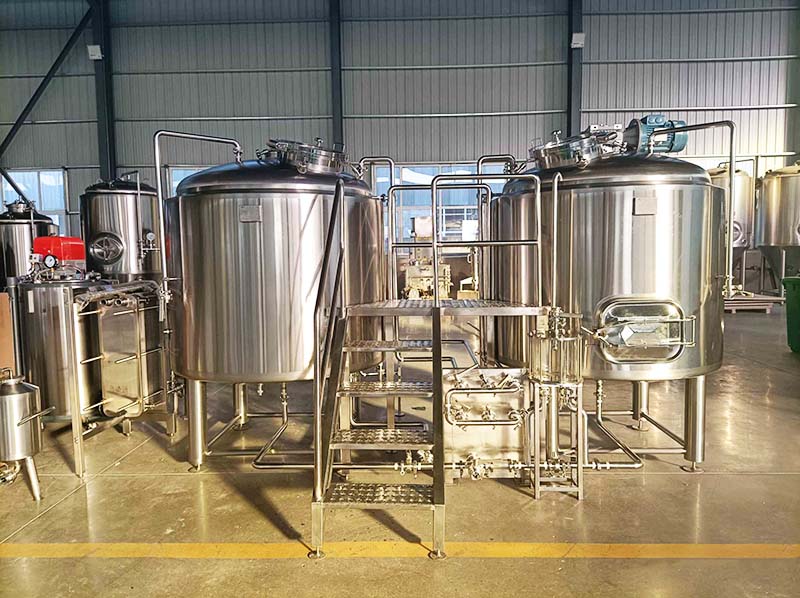
4. Building a Commercial Brewery
Construction spans project planning, site selection, equipment procurement, trial brewing, and licensing:
Planning—Market analysis, capacity assessment, and budget.
Site Selection—Access to water, transport, and wastewater compliance, plus storage and logistics.
Procurement—Choose reliable suppliers of brewery equipment for sale offering full lists (crushers, mash tuns, fermenters, cooling systems, packaging).
Trial & Tuning—Engage professional brewers to optimize mash profiles, fermentation curves, and yeast strains.
Licensing—Obtain food safety and production permits, including any environmental or special brewing approvals.
5. Choosing the Right Supplier
Key criteria include brand reputation (Tonsenbrew), equipment completeness (from crushing to packaging), and service capabilities (installation guidance, after‑sales support, custom design). High-quality microbrewery equipment used options can lower entry costs, with refurbishment and training from trusted vendors.
6. Success Case Highlights
In Bavaria, Germany, a startup brewery scaled to 300 L/day in six months using Tonsen systems and fermenters, supplying multiple pubs under its own brand.
In Milan, Italy, a home brewer transitioned from a home microbrewery system to a commercial pub by integrating a modular beer brewing machine and microbrewery equipment used, debuting at local beer expos.
